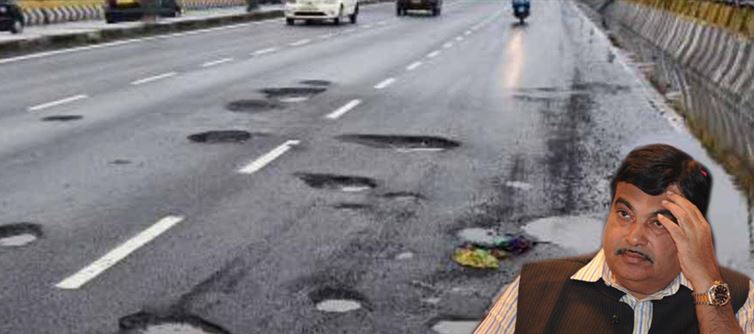
This judgment comes against the backdrop of rising public frustration over the poor condition of many toll roads, where motorists are often forced to pay high fees despite facing long delays, dangerous stretches, and inadequate facilities. The court’s stand reinforces the principle that toll is not merely a revenue stream for the government or concessionaires—it is a user fee tied directly to service quality. If that quality is missing, the legal and moral justification for collecting tolls vanishes. The verdict could empower citizens to demand accountability and question toll collection at locations where maintenance is clearly neglected.
The High Court’s observation also places renewed pressure on NHAI and concessionaire companies to uphold the standards they are bound to deliver. With this precedent, road users could potentially move court or approach grievance mechanisms to challenge toll collection in cases of dereliction. In the larger picture, it serves as a wake-up call to policymakers and administrators that public infrastructure is a service, not a cash cow, and that the people have a right to get what they are paying for—safe, well-maintained highways that justify every rupee collected at the toll plaza.




 click and follow Indiaherald WhatsApp channel
click and follow Indiaherald WhatsApp channel